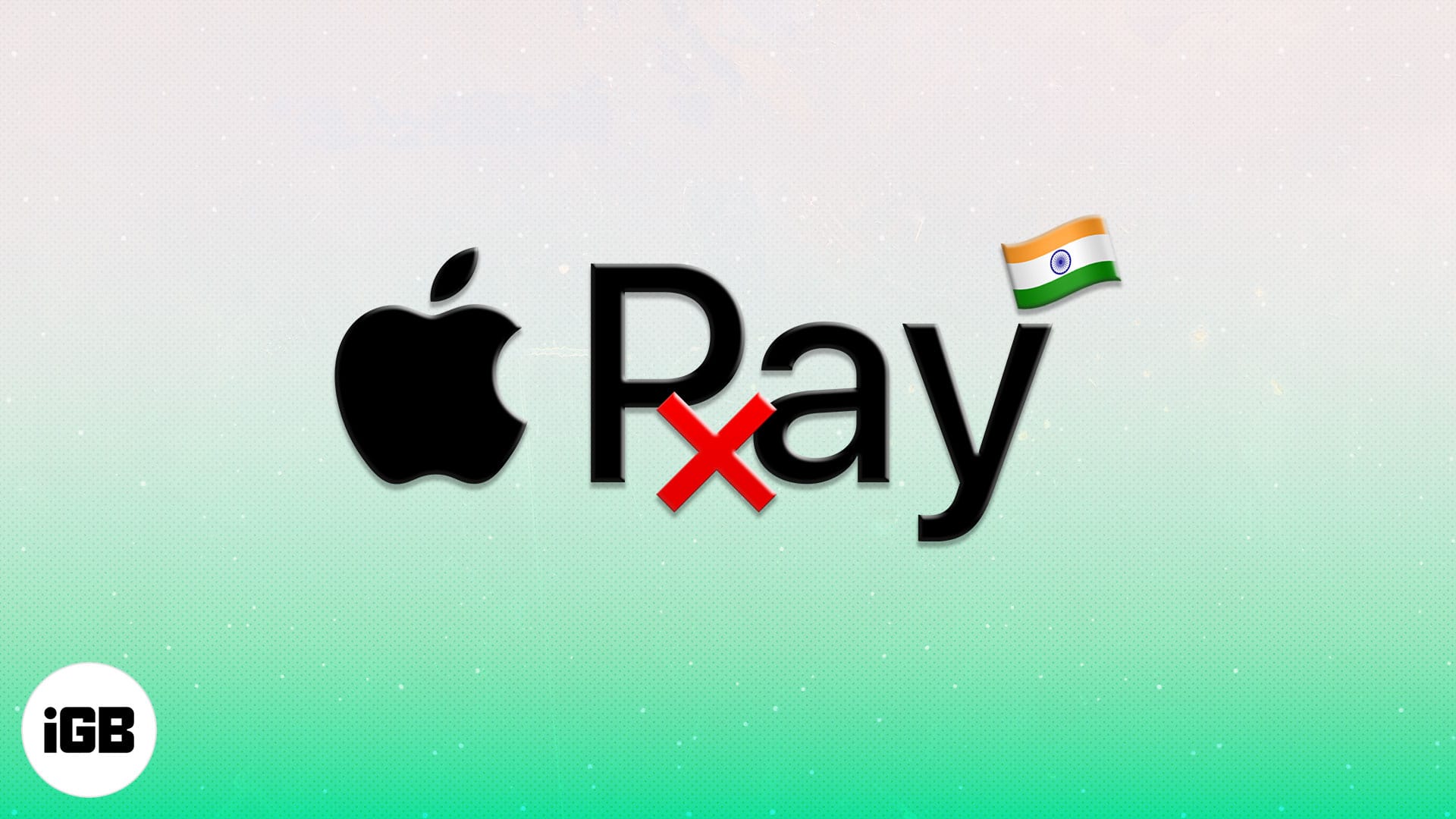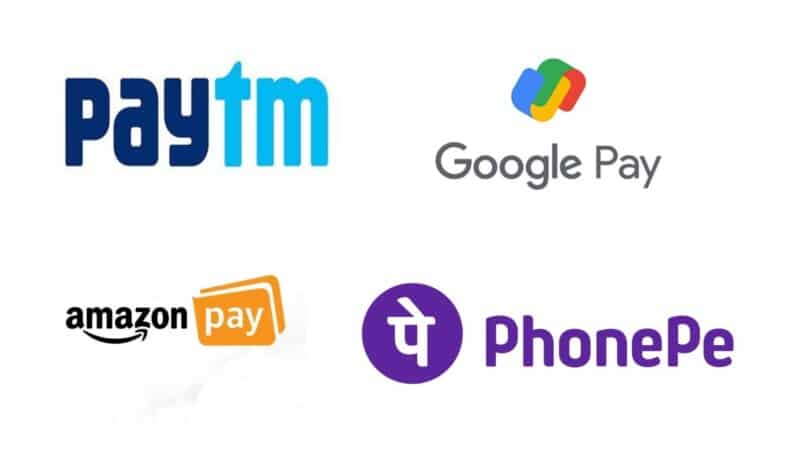With the relatively high custom duties and local taxes, India is one of the most expensive countries to buy an iPhone. In the recent past, things are changing for Apple in India. The Cupertino giant has finally seized the lion’s share of the premium smartphone market in India. That said, the intent of this article is not to talk about iPhone price in India; Instead, we will ponder why Apple Pay is not available in India.

We have analyzed multiple factors and come up with possible reasons why Apple Pay is not available in India.
- Single-digit market share
- Merchant adoption and authentication issues
- Regulatory hurdles
- Highly competitive
- UPI Integration
India is a price-sensitive market wherein the average selling price of smartphones stood at $156 in 2020. However, prices for iPhones in India start at around $500.
Needless to say, iPhone’s market share in India is still lingering in the single digits. Apple caters to the premium segment in India, and thus, it isn’t easy to drive the numbers. On the brighter side, it has grabbed an impressive 57 percent share in the premium smartphone market.
Apple is luring iPhone buyers with attractive discounts during online festivals. Flipkart, India’s leading retailer, revealed that iPhone 12 and iPhone 12 mini were the top-selling smartphones during the sale. Talking numbers, Apple’s market share in India is a paltry 3.6%, as opposed to 55 percent market share in the US.
The lower market share could be one of the reasons why Apple Pay is not coming to India (yet!). Setting up Apple Pay in India will involve a sizeable expenditure in terms of money and resources.
On the brighter side, Apple has been crowned as the fastest growing brand in India. It is quite likely that they could introduce Apple Pay in India after gaining a significant market share.
2. Merchant adoption and authentication issues
Merchant adoption is an important metric that decides the fate of the payment system. Even if Apple manages to implement Apple Pay in India, they will be facing the uphill task of getting merchants on board.
Furthermore, iPhone’s lower market share in India will make Apple Pay seem less attractive for merchants. That’s because Apple Pay works only on Apple devices. Thus, automatically excluding a significant userbase from other platforms.
Face ID and Touch ID are an integral part of Apple Pay. However, NCPI (National Payments Corporation of India) and RBI (Reserve Bank of India) guidelines prohibit companies from using biometrics for authentication. They require you to enter a pin that is not as convenient as using Face ID.
Lastly, banks and financial institutions insist on a minimum volume of transactions for any payment method.
3. Regulatory hurdles
In 2018, RBI said that all payment systems should store data within the country for better safety and security. At that time, Apple was working on a UPI-based payment system in India. This meant the company had to set up storage facilities in India or partner with a company based out of India.
As mentioned earlier, NCPI accepts biometric only when it is validated via UIDAI, a government agency. Apple stores Face ID and Touch ID data within the device. Hence, it cannot validate it with an external database.
4. Highly competitive

The mobile payments space in India is heating up, with players like PhonePe, PayTm, and Google Pay fighting for dominance. PhonePe has already established itself as a top player in the space with a 46 percent market share.
Apple is already late to the party, and the company could be staring at huge expenses for customer acquisition. Once again, the lack of interoperability will turn the tide against Apple.
Typically, users don’t frequently change their payment mode, especially when happy with their current choice. This adds more challenges for Apple.
5. UPI Integration
Apple is better off setting up a UPI for Apple Pay. This way, the payment system will seamlessly interact with other banks. Here’s why!
Unlike a few years ago, most payment terminals in India now support NFC (Near-field communication. Hence, merchants no longer have to spend a hefty amount on an NFC payment terminal. This makes it easier for Apple to convince merchants.
Moreover, RBI mandates interoperability. Thus, Apple’s best bet is to base Apple Pay on UPI. That said, Apple will have to rely heavily on its banking partner, which may not be ideal.
My two cents
Let’s face it; Apple is still strengthening its presence in India. Mobile payment space is a volume-driven market, and currently, the odds are stacked up against the Cupertino giant.
I believe this is the same reason why Apple News is not launched in India. Apple’s market share in India is growing at a steady pace. It would only be a matter of time before we get to use Apple Pay in India.
Besides the above reasons, why do you think Apple Pay is not available in India? Let us know in the comments below.
Related Reads:
